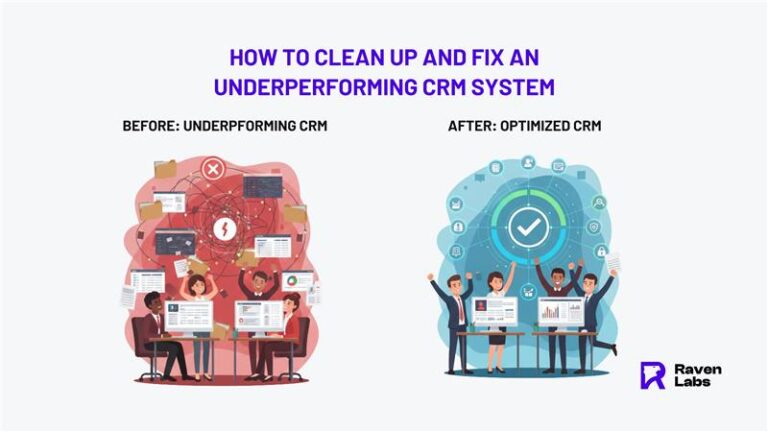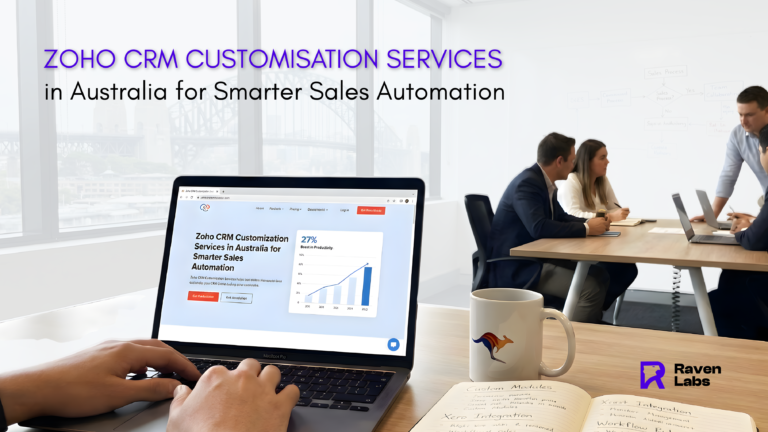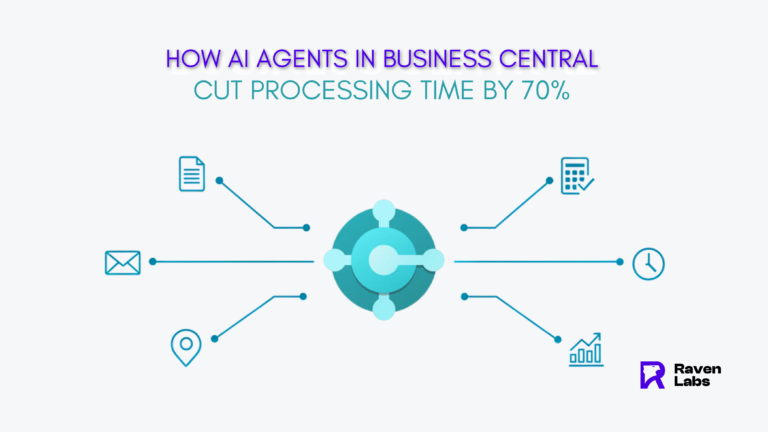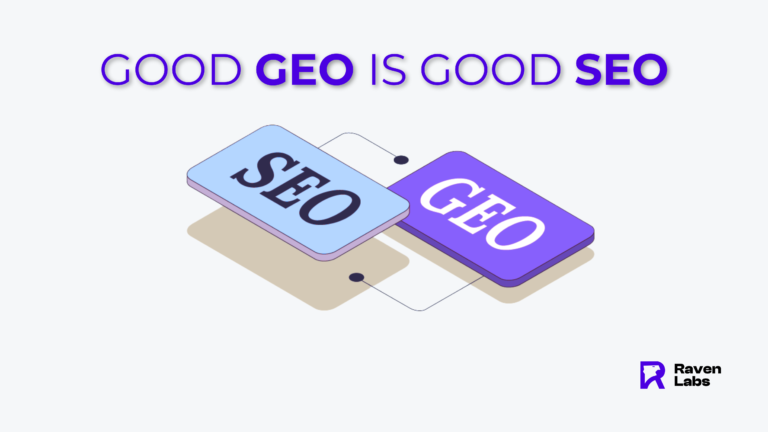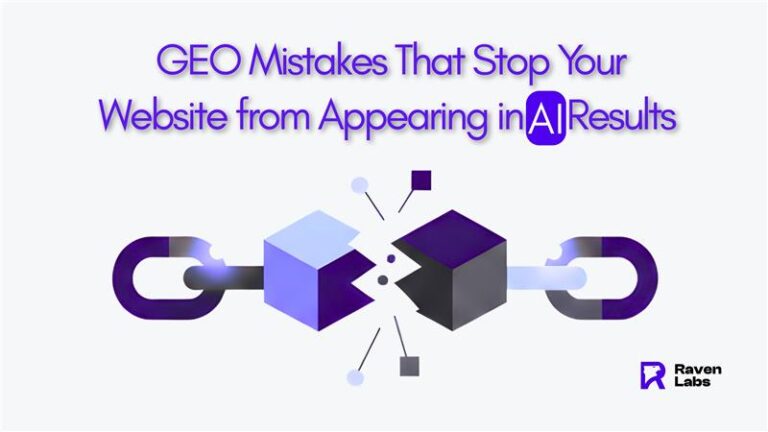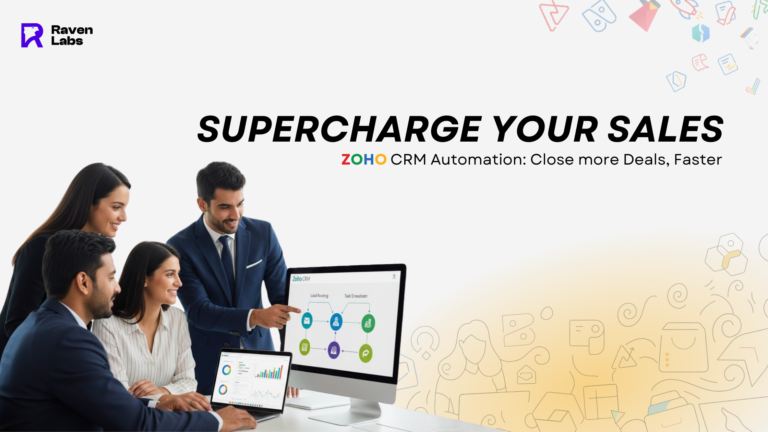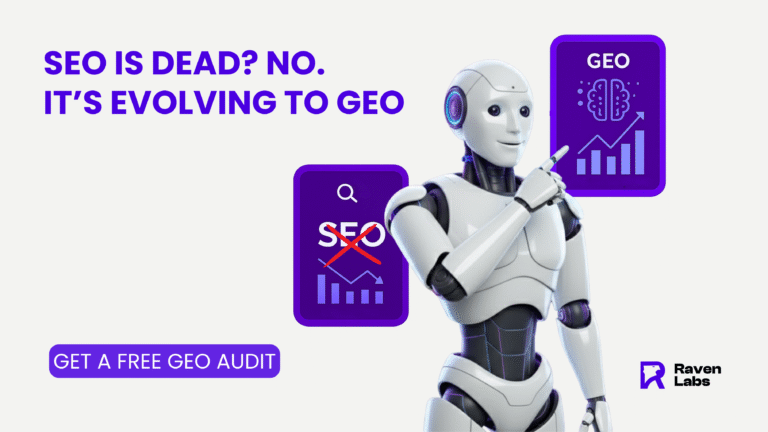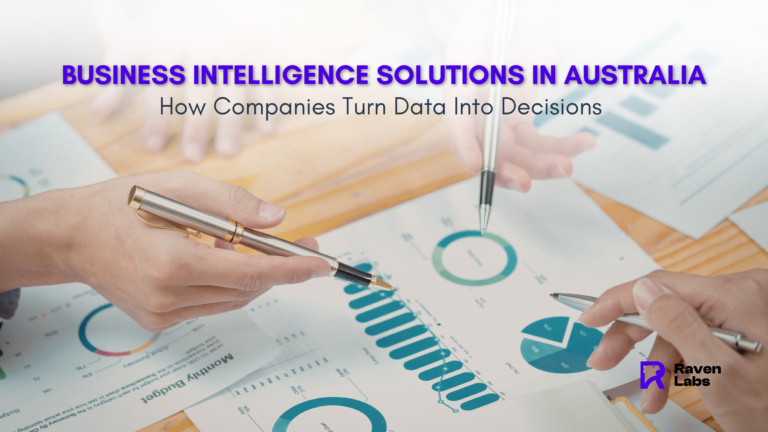
How Artificial Intelligence Transforms Growth Strategies
Introduction:
Artificial Intelligence (AI) is no longer just a buzzword—it’s a game-changing tool that’s redefining how businesses grow. From predicting customer behavior to automating sales, AI for sales is now the backbone of modern business development strategies, revolutionizing both AI in sales and AI in marketing practices.
A recent PwC report states that AI could contribute up to $15.7 trillion to the global economy by 2030, with business development being one of the core beneficiaries. Companies using AI sales tools and AI marketing tools already report 30–50% faster lead conversions and higher customer retention rates.
This blog breaks down how AI empowers business development teams, explores real-world applications, and highlights the top AI sales platforms that help companies gain a competitive edge and drive revenue growth.
Why AI Matters in Business Development
Business development has always been about building relationships, spotting opportunities, and closing deals. However, the rise of digital-first markets makes it impossible for humans alone to track every opportunity in the sales funnel.
Here’s why AI is a game-changer for business development teams:
- Data-driven decision-making: AI analyzes millions of data points to identify high-value leads and provide business intelligence.
- Faster outreach: Automated personalization ensures timely and relevant communication with prospects, enhancing the customer experience.
- Predictive analytics: AI forecasts customer needs before they arise, allowing proactive engagement and improving customer insights.
- Improved efficiency: Teams spend less time on repetitive tasks and more on strategic conversations, boosting overall sales productivity through sales automation AI.
Key Applications of AI in Business Development
1. AI-Powered Lead Generation and Scoring
AI algorithms analyze customer data, social media activity, and website interactions to score and prioritize leads. Instead of chasing every prospect, business development teams focus only on high-probability clients, streamlining the sales process and improving lead conversion rates. Lead scoring powered by AI has become an essential feature of many sales automation tools.
Example: Salesforce’s Einstein AI predicts lead quality based on interaction history and buying signals, improving conversion rates by up to 25%.
2. Personalized Customer Engagement and Segmentation
AI enables hyper-personalization by studying a prospect’s preferences, purchase history, and behavior. Smart chatbots and AI-driven customer relationship management (CRM) systems ensure clients receive relevant offers at the right time, enhancing customer success and supporting effective customer segmentation.
Example: HubSpot uses AI marketing tools and content marketing tools to create personalized email campaigns that increase engagement by up to 50%.
3. Market Research & Competitive Intelligence
Instead of manual research, AI scrapes data from news, reports, and competitors’ activities. Business development teams get actionable insights in minutes, staying ahead of market trends and optimizing their business processes.
Example: Crayon AI delivers real-time competitor intelligence, alerting teams when rivals launch new products or change pricing strategies.
4. Sales Forecasting & Pipeline Management
AI doesn’t just show where you are—it predicts where you’re headed. Predictive analytics helps companies allocate resources and set realistic revenue goals, optimizing the entire sales funnel and supporting revenue operations.
Example: Zoho CRM’s AI assistant, Zia, forecasts deal closures and suggests the best time to follow up with prospects, improving overall sales performance and deal management.
5. Automation of Routine Tasks
From scheduling meetings to drafting proposals, sales automation AI reduces manual workload so sales teams can focus on relationship building. This sales automation significantly enhances sales efficiency and productivity, streamlining outbound sales processes.
Example: Sales automation tools like Drift and Conversica automate lead qualification conversations, saving hours per week for business development executives.
Best AI Tools for Business Development in 2025
Here are some top AI-powered platforms reshaping business development and sales automation:
- HubSpot CRM with AI – For lead scoring and personalized campaigns.
- Apollo.io – AI-based sales intelligence and email sequencing.
- Gong.io – Analyzes sales calls to improve closing strategies and provide sales insights.
- Drift – AI-driven chatbots for 24/7 lead engagement and customer support.
- Zoho Zia – Predictive AI insights for small and mid-sized businesses.
These AI sales platforms offer comprehensive solutions for automating sales processes and enhancing sales analytics. Many of these are considered top sales automation companies in the industry.
How Small Businesses Can Use AI for Growth
AI isn’t just for big corporations. Small businesses can benefit too by leveraging AI sales software and marketing automation:
- Automating email campaigns with Mailchimp AI
- Using ChatGPT-powered assistants for sales pitches and AI content marketing
- Leveraging AI SEO tools like SurferSEO to rank higher in search results
- Tracking customer interactions through AI-enabled CRMs like Pipedrive
By adopting the right AI sales tool and content marketing tool, even startups with lean teams can compete with larger enterprises and accelerate their business growth.
Challenges of AI in Business Development
While AI offers massive benefits, businesses should prepare for these challenges in their business development process:
- Data quality issues: AI is only as good as the data it learns from, emphasizing the importance of data enrichment.
- Adoption resistance: Teams may resist AI tools if not trained properly in sales enablement and new sales workflows.
- High initial setup costs: Advanced AI systems require investment before ROI kicks in.
- Ethical concerns: Over-automation may harm customer trust if not balanced with human interaction in sales engagement.
AI Business Development Strategy – How to Get Started
- Define clear goals – Focus on one area first (e.g., lead scoring or email automation).
- Choose scalable tools – Start small with affordable AI solutions and expand later.
- Train your team – Encourage adoption through role-based training and sales coaching.
- Integrate with existing systems – Ensure AI works smoothly with CRMs, ERPs, and analytics tools through proper CRM integration.
- Track ROI – Measure impact with KPIs like conversion rate, customer acquisition cost, and client retention.
Implementing these steps with the right business development tools can significantly enhance your sales processes and overall business automation.
Conclusion
AI in business development is more than just automation—it’s about building smarter strategies, deeper client relationships, and sustainable growth. Companies that embrace AI sales platforms and AI marketing tools will outpace competitors by predicting opportunities, personalizing engagement, and making decisions backed by real-time sales data and revenue intelligence.
Whether you’re a small business or an enterprise, integrating AI for sales into your business development strategy is no longer optional—it’s essential for long-term success and achieving positive business outcomes. The future of sales lies in leveraging AI sales tools to enhance every aspect of the sales process, from lead generation to deal closure and beyond.
FAQs
1. How does AI help in business development?
AI automates lead generation, personalizes engagement, forecasts sales, and improves decision-making through predictive analytics and sales automation tools.
2. What are the best AI tools for business development?
HubSpot, Drift, and Zoho CRM are among the most effective AI sales tools and sales automation platforms in 2025.Apollo.io , Gong.io
3. Can small businesses use AI for business development?
Yes. Affordable tools like Mailchimp AI, Pipedrive, and ChatGPT assistants allow small businesses to compete effectively in AI sales and marketing.
4. What challenges do companies face in adopting AI for business development?
Key challenges include poor data quality, resistance from teams, setup costs, and balancing automation with human touch in the sales process.
5. What’s the future of AI in business development?
AI will make business development more predictive, personalized, and efficient, enabling companies to scale faster with fewer resources and achieve greater revenue growth through enhanced sales productivity and optimized sales content.
Schedule a Free Consultation with Raven Labs
Ready to leverage AI for your business development and drive smarter growth? Let Raven Labs help you implement AI strategies that optimize your sales pipeline and boost revenue.
Contact us: +61 432 913 392
Email: info@theravenlabs.com
Visit: www.theravenlabs.com
👉 Book Your Free Audit Call Today


